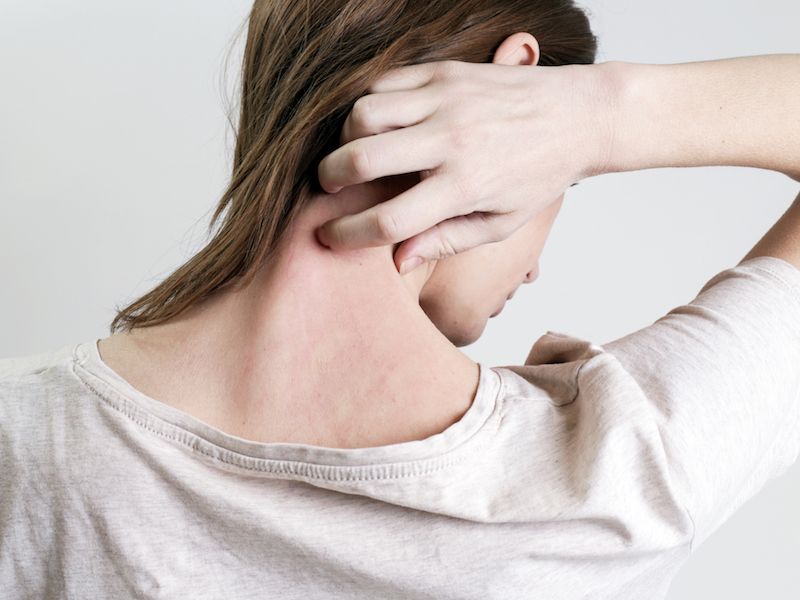
When you think of psoriasis, you most likely think about all those commercials depicted people with skin problems. Psoriasis impacts your overall health and not only your skin. Psoriasis is commonly misunderstood and minimized, due to a lack of knowledge of how psoriasis impacts sufferers as well as the serious conditions that can be related to this disorder. Even though plaques on the skin are its most visible symptom, they’re indicative of what psoriasis can cause throughout the body: The risk of metabolic conditions that are increased by persistent inflammation and cardiovascular disease.
A new study enhances the body of research connecting another significant issue to psoriasis: Hearing loss. Published in The Journal of Rheumatology, The link between hearing impairment, mental health, and psoriatic arthritis were looked at in this study. Psoriatic arthritis has an impact on the joints, and is a type of psoriasis, causing pain, difficulty moving, and swelling. The normal plaques might not be experienced by people who suffer from psoriatic arthritis.
Like rheumatoid arthritis (and similar to psoriasis), psoriatic arthritis is an autoimmune disease, the sufferer’s body is basically targeting its own healthy cells. But psoriatic arthritis is different from rheumatoid arthritis because it’s often asymmetrical (so you could have it in one knee but not the other), and it doesn’t only impact joints but results in painfully swollen toes and fingers while it targets sufferer’s nails and eyes.
Based on the findings of this recent study, hearing may also be affected by psoriatic arthritis. A large control group of people with neither psoriasis or psoriatic arthritis were contrasted against people who had one or the other problem. They found that hearing impairment was more likely to be documented by the group that had psoriasis, and audiometric testing supported the self-reports. Even when controlling for other risk considerations, psoriatic arthritis sufferers were significantly more likely to suffer from hearing loss than either {psoriasis sufferers or the control group}.
But that’s not to say there’s no connection between psoriasis, psoriatic arthritis and hearing loss. A 2015 study discovered that there is a substantially higher danger, for people who have psoriasis, of developing sudden sensorineural loss of hearing, otherwise known as sudden deafness. With sudden sensorineural hearing loss, people’s ability to hear diminishes substantially in three days or less. There are numerous likely causes for this, but experts think that sudden psoriasis flare-ups might be the cause. If this takes place in or around the cochlea, it could impair hearing. In certain cases, treatments that relieve psoriasis symptoms may be used to address this type of hearing loss, but hearing aids are often recommended when sudden deafness doesn’t react to other treatments.
If you suffer from psoriasis or psoriatic arthritis, it’s essential to observe your hearing. Schedule your yearly healthcare appointment along with regular hearing exams. Disease related to inflammation can lead to injury of the inner ear, which can cause loss of balance and psoriatic arthritis. Psoriasis and psoriatic arthritis are both also linked with depression and anxiety, which can both exacerbate loss of hearing. Other health issues, such as dementia, can be the outcome if you don’t detect loss of hearing early.
Recognition is key, and cooperating with your doctors and regularly getting your hearing checked can help you keep ahead of symptoms with timely intervention. Neither hearing loss nor psoriasis should cause you to sacrifice your quality of life, and all the difference is having the right team by your side.
